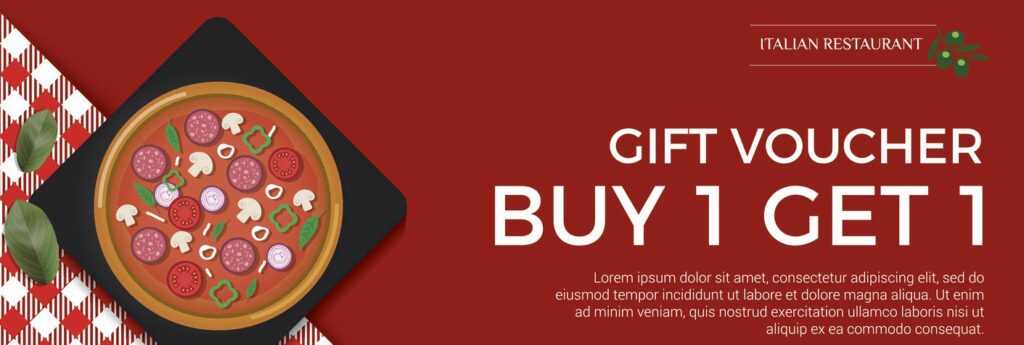The coupon is not dead. Far from it—most research shows that the number of Americans who use coupons and other offers regularly tops 90 percent. In the midst of our digital age, the chance to save money still appeals to consumers, even when the method to do so is a paper coupon.
The question that must then be asked: Why do customers still use coupons? Consumers’ habits may change over time, but this area hasn’t. Understanding the psychology of coupons can greatly help in developing and maintaining a successful marketing strategy for your business. Here are some reasons why coupons remain a powerful force in today’s retail environment:
People Love a Value
The psychology of coupons plays into a fundamental truth about consumers: They love to save money. Even if they are only saving a dollar or two, that’s value—value that customers didn’t have before using the coupon, and value they can apply to other things in their lives. Consider the department store that lists everything at retail price but then has a sale sign on every rack. The “sale” price sometimes is the regular price at other stores, but presented as a sale, it promotes value, thus giving shoppers a sense that they are finding a bargain. And often, that value results in them buying more: One survey discovered that a percentage-off-the-total deal results in 28 percent of shoppers spending more money with that business. The psychology of coupons emphasizes the inherent value consumers can achieve, even if that value isn’t significantly valuable.
Coupons Make People Happy
Using coupons brings joy. This isn’t our own hyperbole talking, but rather, science: A Claremont University study discovered that receiving and using coupons decreased stress and increased a person’s oxytocin levels—which are associated with happiness—by 38 percent (which is a larger increase than kissing!). Moreover, 80 percent of shoppers who use coupons say they feel smarter, which goes back to our previous point of realizing value. Findings such as these confirm why coupons are so popular no matter who the consumer is—indeed, affluent shoppers are more likely to use coupons.
Coupons Invite New Experiences
Many people are set in their ways, but the psychology of coupons can change that. One survey found that 80 percent of consumers were willing to switch brands or businesses because of a coupon or other offer. The opportunity for value drives this behavior, as does the chance to try something new. If, for example, you have a favorite pizza parlor, a full-price pizza from another restaurant might be seen as a risk. However, with a coupon, even if your new pizza is loaded with anchovies you didn’t want, you didn’t pay full price for it and therefore it was worth the risk. Coupons invite consumers to try something new. Deliver an excellent product and they might not go back to their previous option, which leads us to the next topic …
Loyalty Building
When you offer coupons and other offers to your customers—exclusive deals only for your customers—you make them feel special, as if you were doing this just for them. This loyalty keeps them coming back, even in the face of competitors’ promotions. The coupons your customers receive may come from grocery stores or online sources, and an incredibly effective approach is to print coupons on the back of your own receipts. That way, every time customers complete a purchase in your place of business, they are handed an offer encouraging them to make a return visit. The psychology behind this coupon strategy is evident: Giving a deal to happy customers will make them even happier—and spendier.
How do you see the psychology of coupons at work with your customer base?




 By Talitha Turkin
By Talitha Turkin